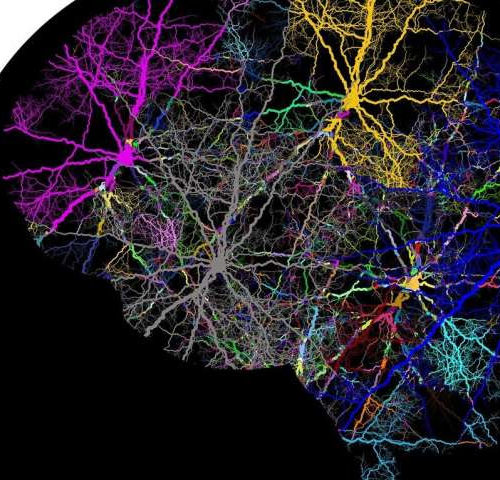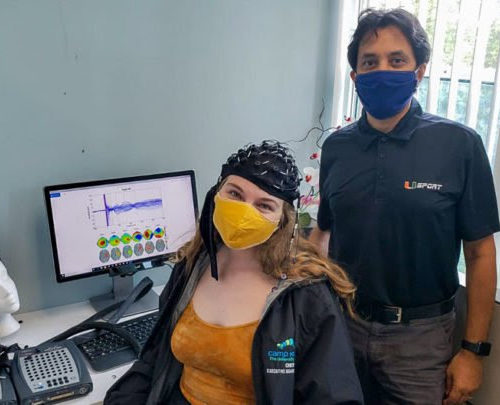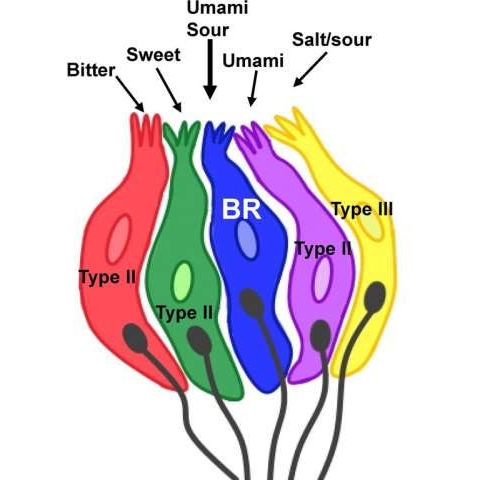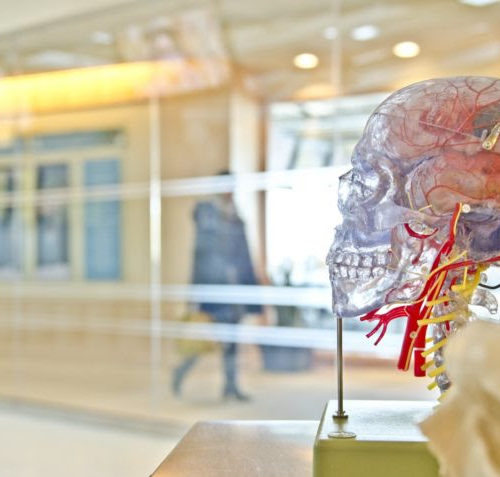by Duke University A new method of brain imaging analysis offers the potential to greatly improve the effectiveness of noninvasive brain stimulation treatment for Alzheimer’s, obsessive compulsive disorder, depression, and other conditions. Duke researchers developed the new method, which for the first time analyzed the whole brain network rather than a single region of the...
Tag: <span>brain</span>
Microglia might lessen seizure severity in epilepsy
by American Physiological Society New research in mice highlights the potential protective effect of microglia—a type of non-neuronal cell in the brain—against overactivation of the central nervous system during acute epileptic seizures. The study is published in the American Journal of Physiology-Cell Physiology. Epilepsy is a brain disorder in which the electrical activity of the...
Depressed or anxious teens risk heart attacks in middle age
EUROPEAN SOCIETY OF CARDIOLOGY Sophia Antipolis, France -26 Aug 2020: Depression or anxiety in adolescence is linked with a 20% greater likelihood of having a heart attack mid-life, according to research released today at ESC Congress 2020.1 In a warning to parents, study author Dr. Cecilia Bergh of Örebro University in Sweden, said: “Be vigilant...
Research explores how the brain functions
What does each part of the brain do and why? Can we communicate with a patient in a coma? How does continual cell phone screen-time affect us? These are the kind of questions that Brian Arwari ponders every day. A cognitive psychologist by training, he leads the neurocognitive lab in the Department of Kinesiology and...
Potential link for Alzheimer’s disease and common brain disease that mimics its symptoms
Conducting genetic screening in hundreds of autopsied brain samples, investigators identified shared molecular mechanisms in Alzheimer’s disease and LATE, a common brain disorder BRIGHAM AND WOMEN’S HOSPITAL Alzheimer’s disease is one of the most common causes of dementia, and while most people might know someone who is affected by it, the genetic factors behind the...
Aging memories may not be ‘worse,’ just ‘different’
by Brandie Jefferson, Washington University in St. Louis “Older adults might be representing events in different ways, and transitions might be picked up differently than, say, a 20-year-old,” said Zachariah Reagh, assistant professor of psychological and brain sciences in Arts & Sciences. Reagh looked at fMRI images to study memory differences in different age groups....
New type of taste cell discovered in taste buds
by Public Library of Science Most taste cells selectively respond to a specific stimulus type while broadly responsive cells respond to multiple taste qualities. Credit: Jhanna Flora and Kathryn Medler Our mouths may be home to a newly discovered set of multi-tasking taste cells that—unlike most known taste cells, which detect individual tastes—are capable of...
Key gene identified for improving multiple sclerosis treatment
by Karolinska Institutet The disease multiple sclerosis (MS) attacks the central nervous system and, with time, can give rise to muscle tremors and loss of balance. Researchers at Karolinska Institutet have now identified a gene, Gsta4, that protects a certain kind of cell in the brain from being destroyed. It is hoped that the results...
Two new studies explore how pollution affects the brain
by Leigh Hopper, University of Southern California A pair of recently published USC studies add to our growing understanding of how fine particle pollution—the tiny, inhalable pollutants from cars and power plants—impacts our brains. The first study, published in Environment International, found that these fine particles—known as PM2.5—may alter the size of a child’s developing...
How a memory game could help us understand brain injury
After a traumatic brain injury, why do some people regain skills quickly while others face long-lasting setbacks? Boston University neuroscientist Jerry Chen of BU’s Center for Systems Neuroscience and colleagues have been trying to answer this question by understanding which parts of the brain process sensory information and which remember different skills. The latest research...








